A Brief Note On Tooth Sensitivity To Cold
Do your teeth hurt when you are having ice cream or drinking cold drinks? Then you are suffering from tooth sensitivity to cold. Tooth sensitivity to cold is not uncommon. Many people suffer from the cold-sensitive tooth. Here I am going to give an account on what is cold sensitive tooth and how to treat it. See below to know more about this.

Source :- aadentalclinicvancouver . ca
What is Cold-Sensitive Tooth?
In Teethy a layer of enamel protects the crowns of your teeth—the part above the gum line. Under the gum line, a layer called cementum protects the tooth root. Underneath both the enamel and the cementum is dentin.
Dentin is less dense than enamel and cementum and contains microscopic tubules (small hollow tubes or canals). When dentin loses its protective covering of enamel or cementum these tubules allow heat and cold or acidic or sticky foods to reach the nerves and cells inside the tooth. Dentin may also be exposed when gums recede. The result can be hypersensitivity.

Symptoms Of Tooth Sensitivity To Cold:
- The main symptom of tooth sensitivity to cold is a discomfort or pain after eating or drinking something cold like ice cream, cold drink frozen food etc.
- Some people also feel pain while brushing or flossing.
Causes Of Tooth Sensitivity To Cold:

Source :- i2-prod.mirror . co . uk
Forceful Brushing:
Vigorously brushing your teeth with a hard-bristled toothbrush can gradually wear down tooth enamel. This is the outer layer of the tooth which protects the inner layer. Worn tooth enamel can gradually expose the dentin layer of your teeth, which is the second layer where the nerve endings are. Drinking or eating something cold could irritate the nerves and cause sharp, intermittent pain in the mouth.
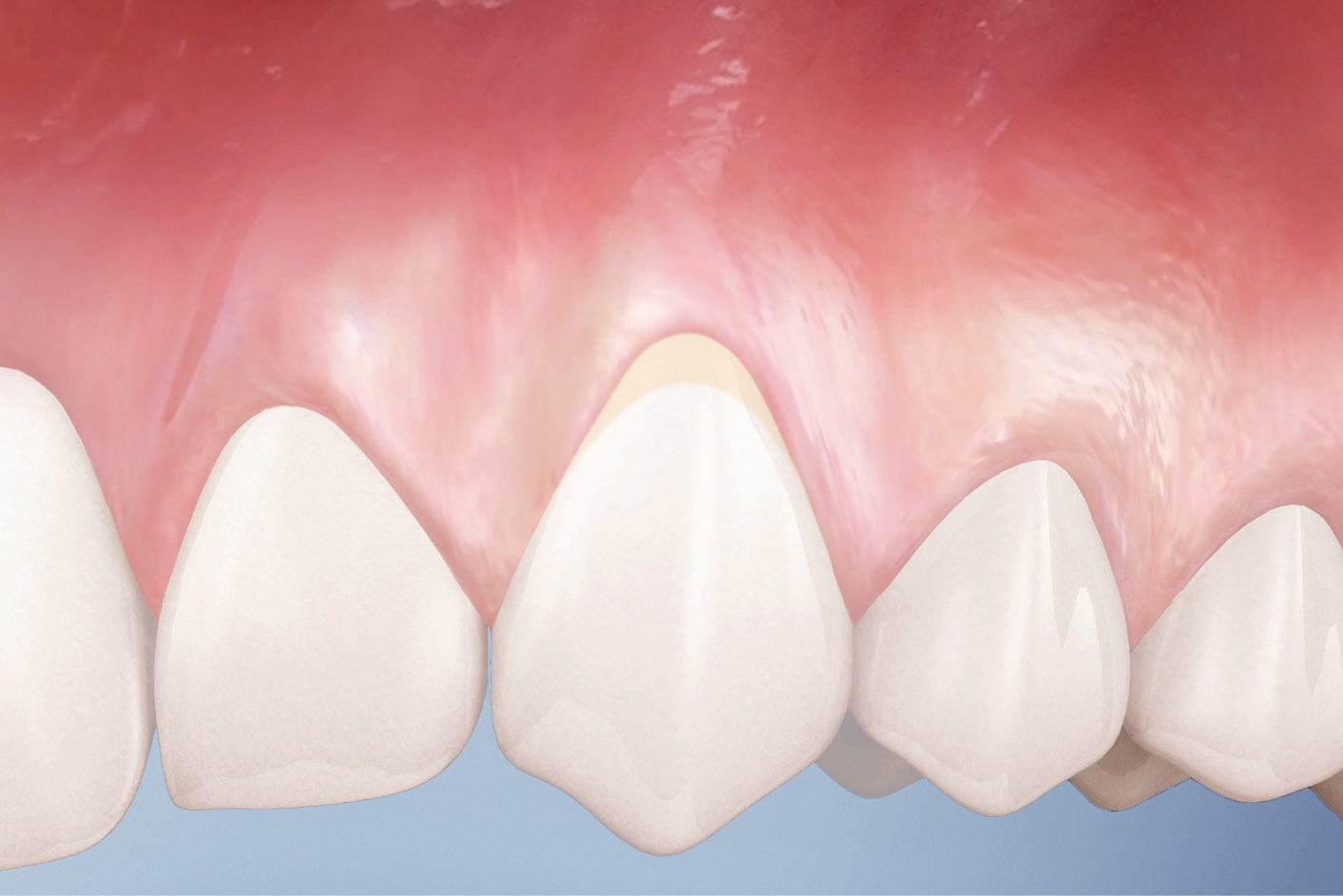
Source :- geistlich-pharma . com
Exposed Nerve Roots:
The biological reason behind teeth sensitivity to cold starts in the pulp of the tooth. The nerves in the pulp make teeth sensitive to cold when tooth roots become exposed due to receding gums or gum disease. Pathways called dentinal tubules are filled with fluid, and when a stimulus like cold air or cold liquid is applied to the exposed dentinal tubules, the fluid in the tubules moves and triggers a pain sensation in the nerve.
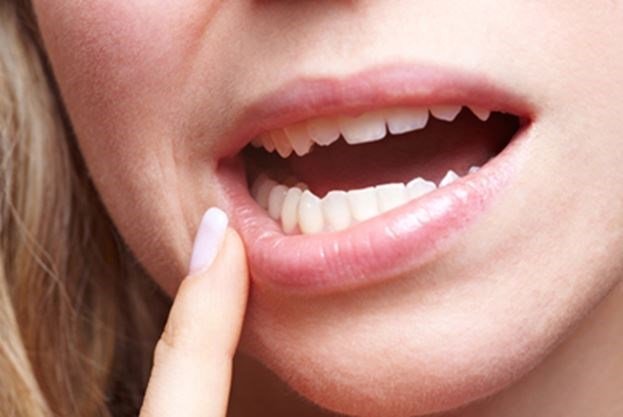
Source :- dynamicmedia.zuza . com
Tooth Decay or Gum Disease:
If your cold-sensitive teeth also hurt when you aren’t eating or drinking something cold, you could be in the early stages of tooth decay or gum disease. Plaque buildup on the teeth and gums can contribute to cold-sensitive teeth by eventually leading to tooth decay and gum disease.
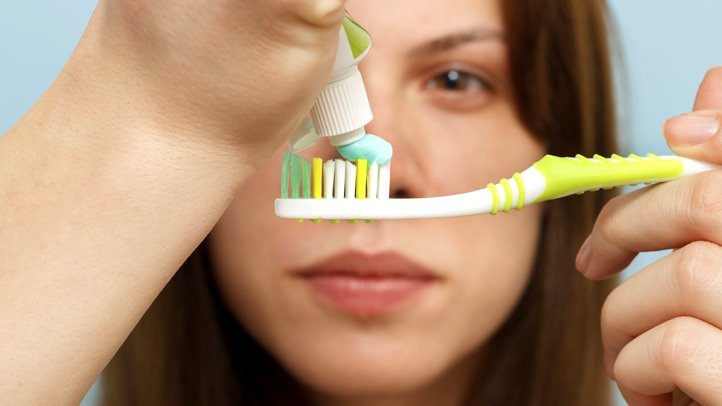
Source :- images.agoramedia . com
Overzealous Product Use:
External factors that could cause cold-sensitive teeth to include brushing your teeth too hard, overusing tooth whitening treatments, or acids from everyday food and drinks, like wine, coffee, and tomatoes, that can cause irreversible loss of your tooth enamel.
Recommended Articles :-
Some Amazing Strawberry Benefits For Hair, Skin And Health
Amazing Benefits Of Orange Peel For Skin
Amazing Orange Benefits For Skin To Get Glowy Skin
Simple Home Remedies For Dark Neck Lightening
Know Some Ways On How To Grow Eyebrows Thicker
Easy Methods To Get Long Eyelashes In 7 Days
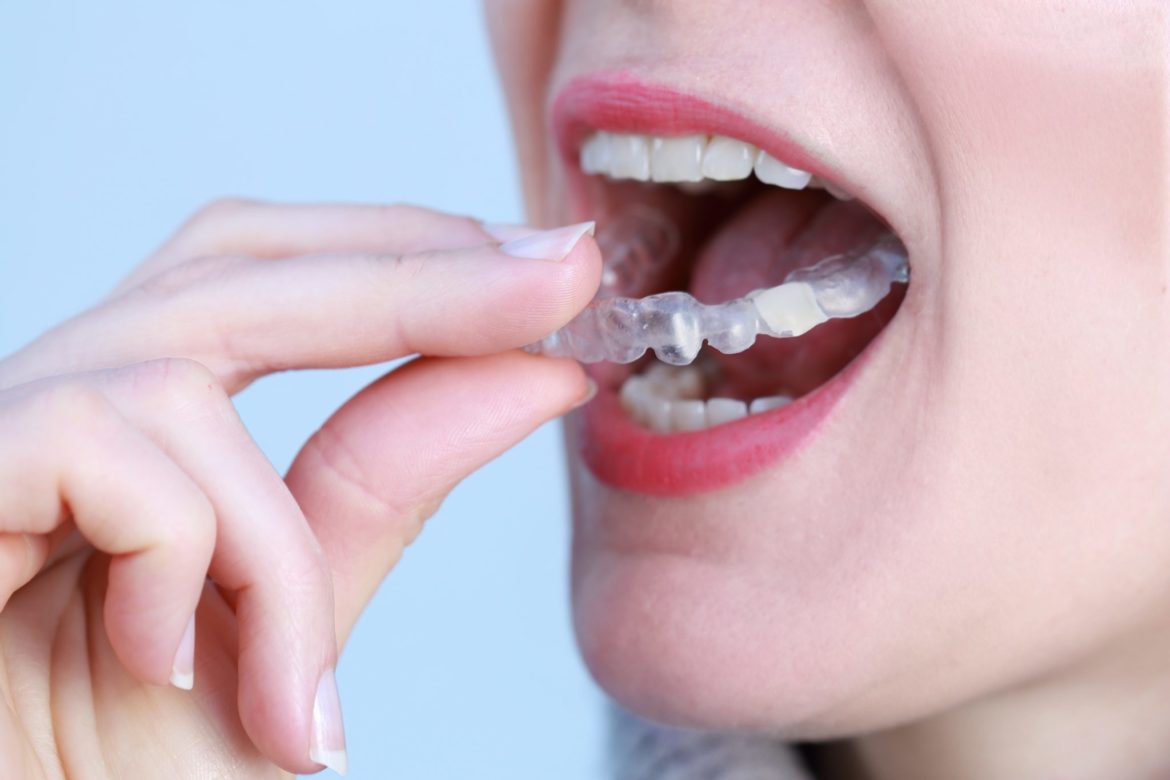
Source :- parkcrestdental . com
Grinding Teeth:
Cold-sensitive teeth also can develop if excessive tooth grinding (bruxism) wears away the tooth enamel and exposes nerves. If you think that you are grinding your teeth, see your dental professional and ask about options for how to protect your teeth.
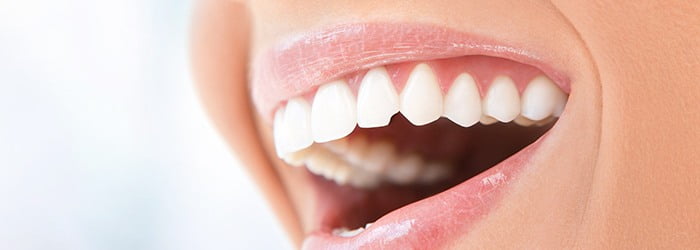
Source :- azcdn.titan.pgsitecore . com
Cracks in Teeth:
Over time, tiny cracks can develop as your teeth expand and contract with exposure to hot and cold temperatures. The cracks provide another pathway to the nerves, making the teeth sensitive to cold. Check for lines that could indicate microscopic cracks.
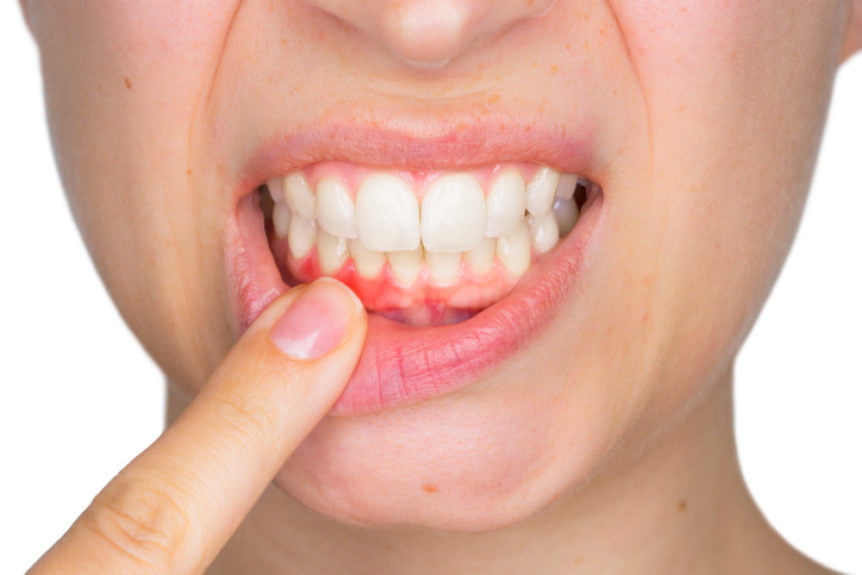
Source :- eaglerockdentalrexburg . com
Receding Gums:
If you notice persistent sensitivity to cold or heat in your teeth, give them a closer look. Check your gum line to see whether your gums are pulling away from your teeth. Receding gums can make it easier for feelings of hot and cold to travel to the nerves in your teeth.

Source :- homenaturalcures . com
Acidic foods:
Acidic foods like lemon, oranges, grapefruit, kiwi can also wear down tooth enamel and expose nerve endings that causes Cold-Sensitive Tooth.
Treatment Of Tooth Sensitivity To Cold:

Source :- loopdent . com
Avoid Cold and Acidic Foods:
If you have teeth sensitive to cold, try to avoid biting into very cold foods, for example, lick your ice cream instead of biting into it.
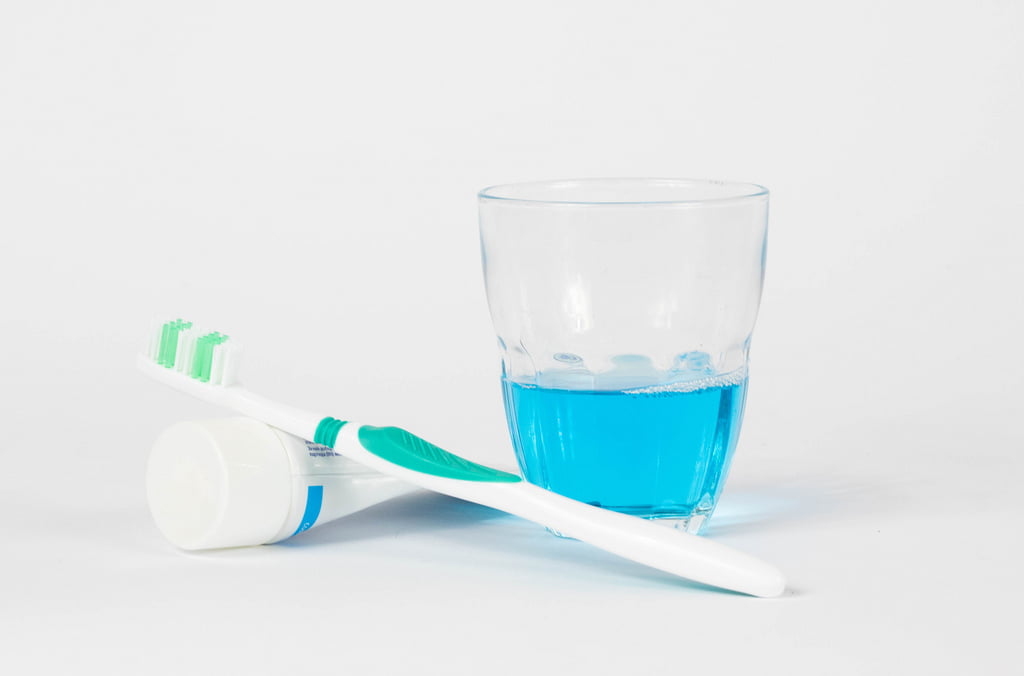
Source :- c1.staticflickr . com
Use a Soft Toothbrush:
In addition, if you have teeth sensitive to cold, be sure to use a toothbrush with soft bristles. A soft-bristled brush can help reduce the gum irritation that may make teeth sensitive. Try using soft dental floss, too.

Use a Toothpaste for Sensitive Teeth:
It is very important to use the right toothpaste for your sensitive teeth. Sensitive teeth need extra care that’s why a good toothpaste is necessary.

Source :- i.dailymail . co . uk
Fluoride Gel:
Fluoride Gel is an in-office technique which strengthens tooth enamel and reduces the transmission of sensations. Using a Fluoride Gel mouthwash will help you in this condition.
